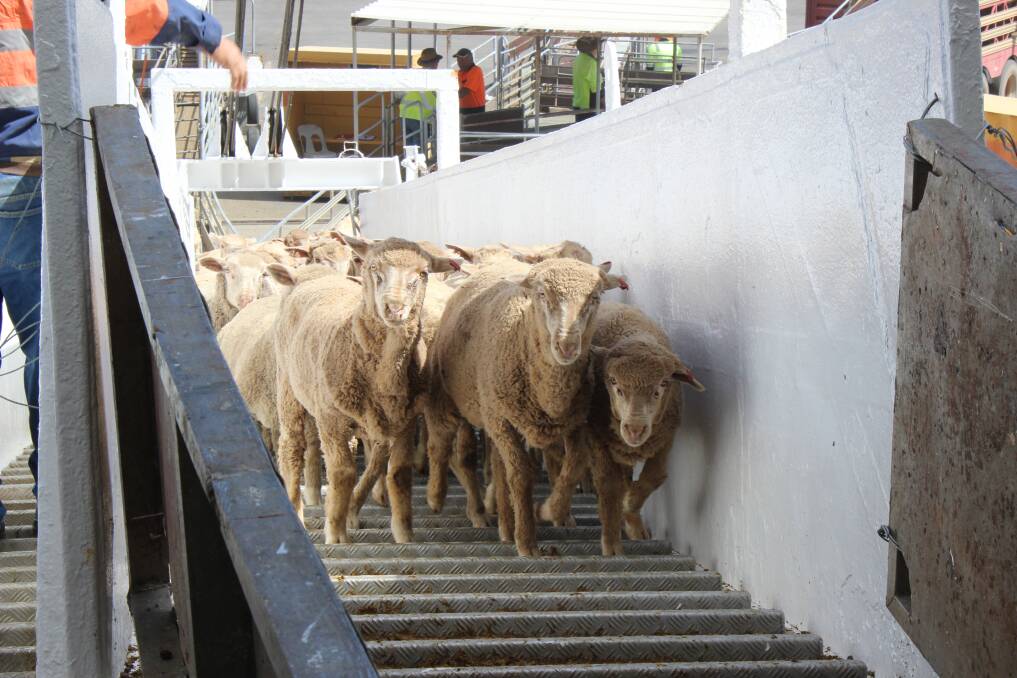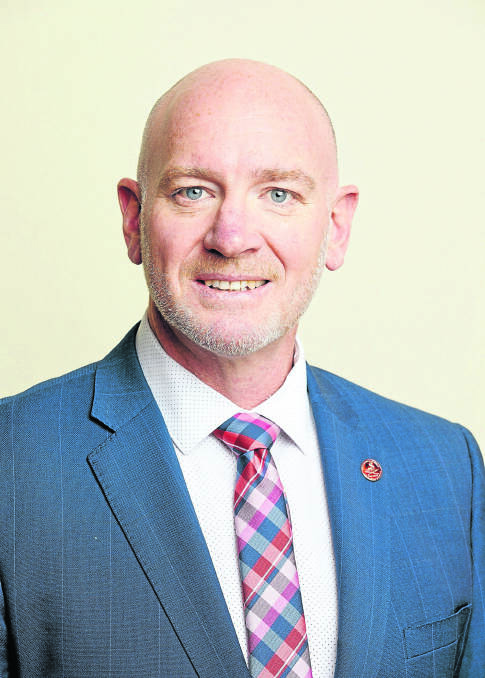
As affected communities are left reeling in the wake of the Labor government's decision to shut down the Western Australian live export industry, many farmers, primary producers, and the more than 3000 people employed across the supply chain are left looking for answers.
When Labor announced its live sheep export phase-out consultation panel would visit regional WA, further frustration was felt when little notice was given about the dates, and many regional communities were left out altogether.
Read more:
The few who did manage to attend the panel meetings walked away with absolutely no doubt that the consequences of the Federal government's decision to shut down this important industry are already being felt.
Live export ships have decreased, abattoirs are operating beyond capacity and stock trucks are chock full of lambs destined for the Eastern States.

Make no mistake, the government's decision to invoke an irreversible ban on live sheep exports was carefully calculated.
It understands that markets and the commercial world could not afford to wait for the government to 'officially' execute the ban, nor implement transitional arrangements.
It knows full well that demand for WA live sheep would diminish and farmers would look to destock well ahead of any ban, leading to a significant over supply of sheep beyond the processing capacity of local abattoirs.
Both the Federal Agriculture Minister Murray Watt, and State Agriculture Minister Jackie Jarvis must have also known that this in turn could have dire consequences for both farmers and sheep.
There has already been a sharp decline in sheep prices since the government's announcement in May 2022 - farmers are already being left holding lambs which will soon have to be sold as hogget at a reduced price and there is a very real risk of farmers running out of feed.
I wonder whether either minister has asked their respective departments to run the numbers on the current sheep carrying capacity of our agricultural sector and what would happen if that was exceeded.
What you can be certain of, is that these matters were the farthest thing from the government's mind when it made its decision.
It wasn't concerned about the livelihoods of those affected and, more perversely, the welfare of the countless sheep that may be caught onfarm that no longer hold any marketable value, but still need to be fed and cared for.
As cynical as it may seem, the only logical conclusion that can be drawn is that the farmers, agricultural businesses, regional communities and animal welfare were deemed as acceptable collateral damage - worth the price of appeasing Labor factional interests and securing inner-city votes.
The government knew full well that the wrecking ball would be let loose on the industry as soon as it made its announcement, but they did it anyway.

